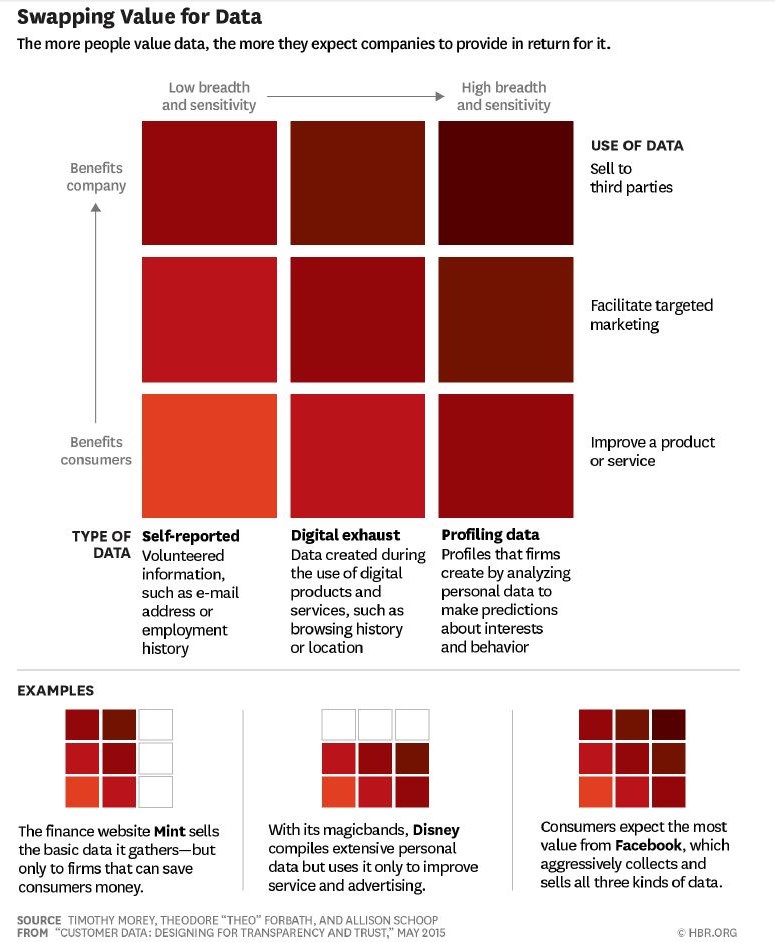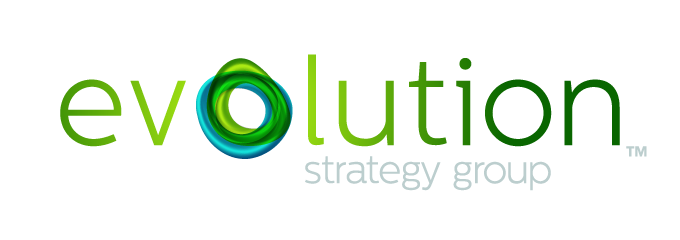When it comes to consumers, a company cannot bank on its trustworthiness. In fact, businesses are now expected to up their game to “trustability,” a term recently coined to describe a proactive approach to customers.
In the book, Extreme Trust: Honesty as a Competitive Advantage, Don Peppers and Martha Rogers, PhD, detail this new level of extreme trust. “…Businesses will be expected to protect the interests of their customers proactively, taking extra steps when necessary to ensure that a customer doesn’t make a mistake, or overlook some benefit or service, or fail to do or not do something that would have been better for the customer.”
So how do businesses gain “trustability?” Even if it is not acknowledged, businesses have a tendency to kick the term transparency and authenticity around. Yet, in this new era of trustability, there are no workarounds. Regardless of industry silo, it is imperative that businesses put their money where their mouths are, literally, and build stories around content that speaks to transparency and can help to fortify relationships.
Trustability in Data Collection
One key area where consumers have become leery is personal data collection. Businesses can overcome trustability issues by being clear about the types of information being collected and how the data are being used. Recently, frog design examined three categories of data collection to evaluate how people assigned importance to the information being collected: self-reported data (e.g. e-mail addresses, age and gender); digital exhaust, (data created through mobile device, web service, or other connected technology usage such as location data and browsing history) and profiling data (customer profiles or personas created to predict someone’s potential behaviors or interests, and based on self-reported, digital exhaust, and other data). The findings demonstrated a clear escalation in how consumers valued the information that was being collected (and that they provided), with self-reported data at the bottom, digital exhaust in the middle, and profiling data at the top. The implications are important: extreme trust requires fair value in exchange for the provision of data.

How Consumers Value Data; Source: frog design
Trustability in Social Values
Today’s consumers are more socially conscious, with millennials in particular engaged in some sort of activism. To these younger consumers, where a company procures its ingredients, how it supports sustainability, and where and how it manufactures its products matters. As noted in Deloitte’s Consumer Product Trends, Navigating 2020, some consumers are placing greater emphasis on a product’s impact on health, the absence of artificial ingredients, or its start-to-finish environmental footprint. Other consumers are more focused on how a product impacts a community’s overall well-being and its inherent social values, such as “green,” “local,” and “back to nature.” Companies are experiencing greater pressure to better align offerings and activities with these consumer interests and values.
THRIVE Farmers Coffee offers a case study in meeting these challenges head on, starting with its three-pronged “sustainability promise” — environmental, economic and social. For example, “the company gives farmers direct access to the marketplace for their coffee, allowing them to maintain ownership until the point of sale by THRIVE. At that time, the farmer receives a fixed percentage of the revenue generated for their coffee, thereby avoiding commodity pricing. Economic viability for coffee farmers begins when they are given the business tools, distribution channels, resources and knowledge to make a livable income. Building on the foundation of economic success, farmers can build a sustainable future for their families.”
Trustabililty Paves the Customer Experience
As Michelle Linn of Content Marketing Institute states, “People want to buy from brands and people who are relatable and trustworthy. By sharing what works – and what doesn’t – as well as building stories around these experiences — the audience feels part of an authentic experience.” She describes a scenario where trustability takes front and center stage, demanding that companies step out of their comfort zones.
Trustability means that companies must demonstrate that they are open to consumer feedback and dedicated to truly improving how and why their customers buy their services or products. Trustability requires content that is truthful, finds a perfect balance between revealing too much or too little and extreme exaggeration. Even the hint that a company is hiding something or not being transparent in its exchanges can cause irreparable damage. Trust matters. Trustability matters even more in today’s ever fast-paced, consumer-focused world.

